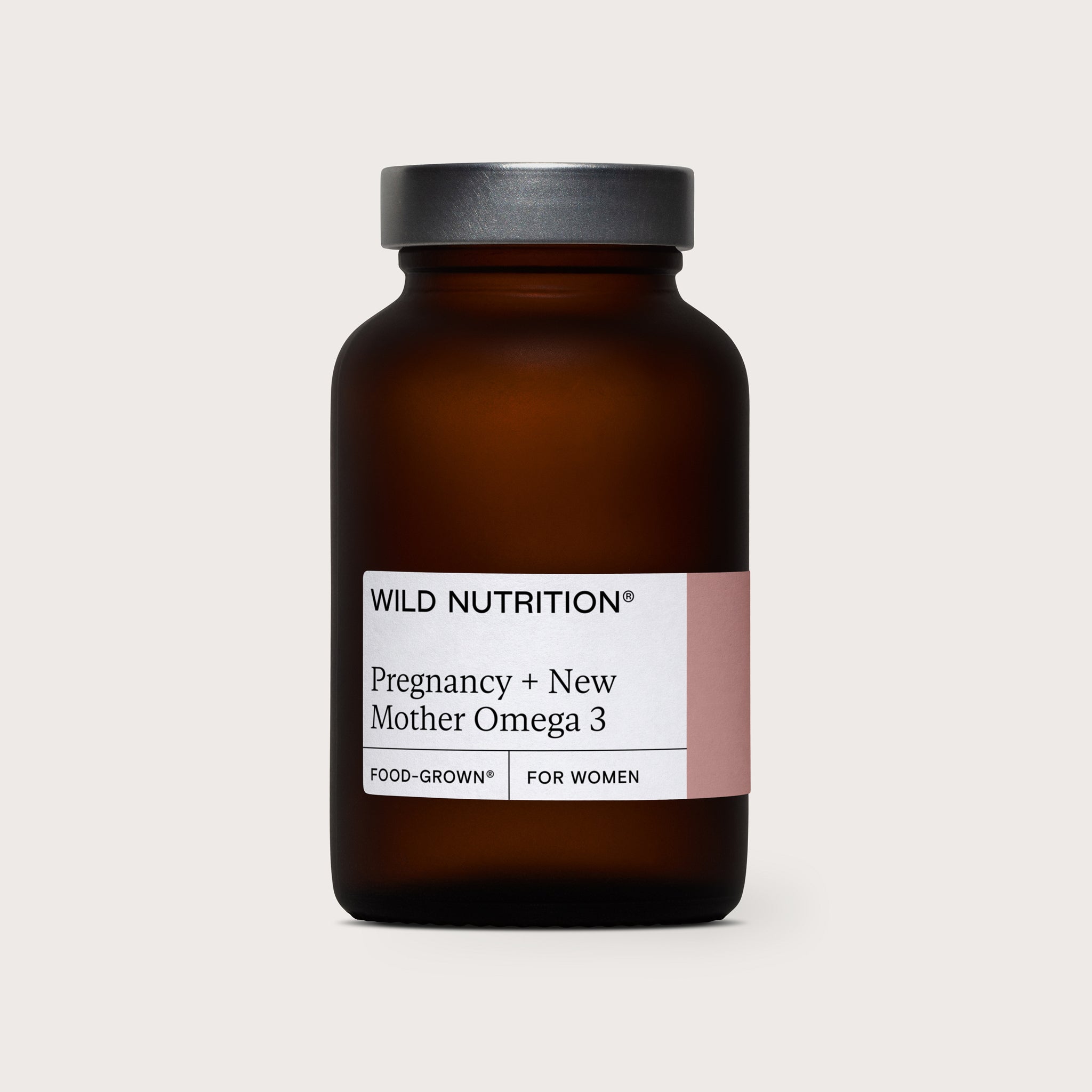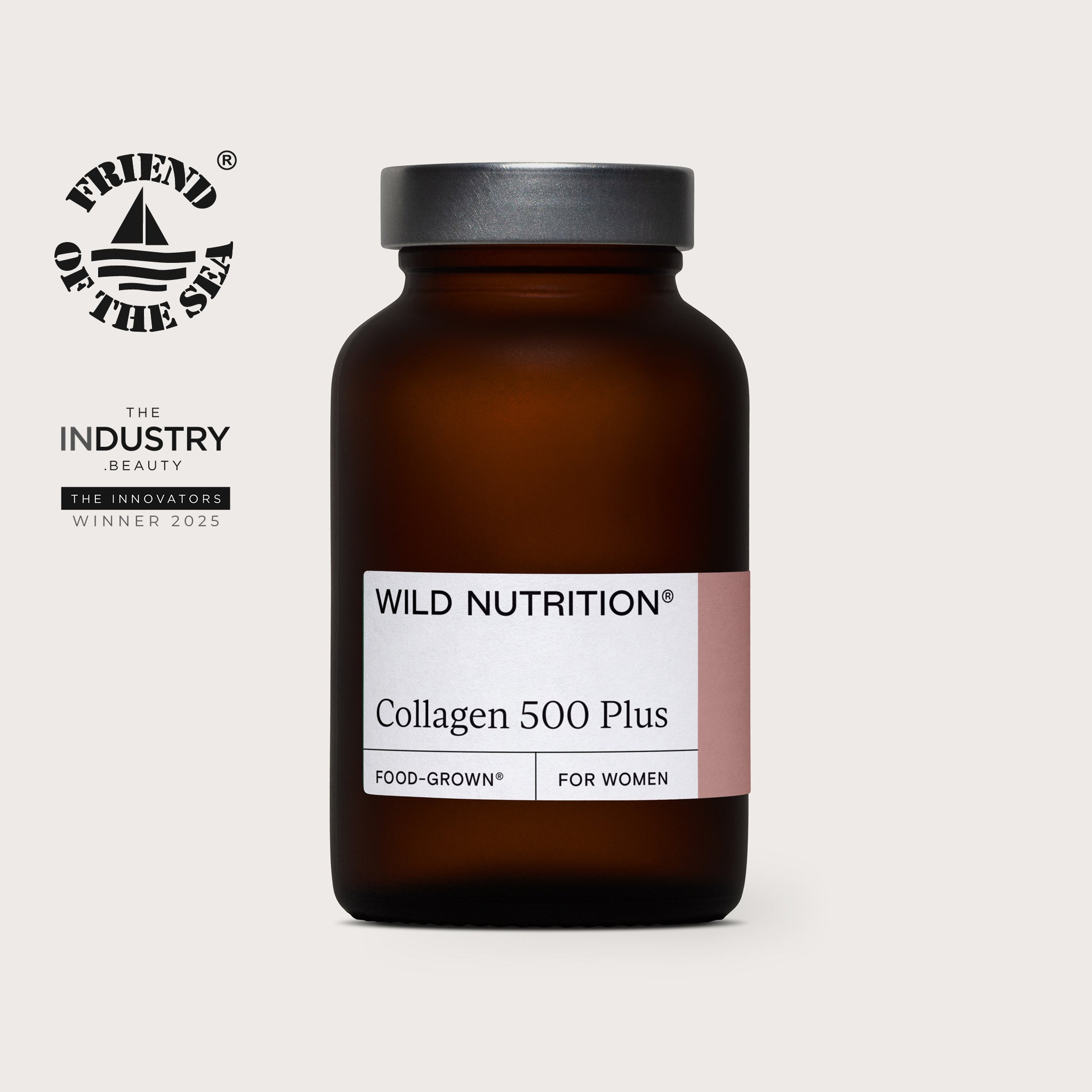
6 Natural approaches to help combat hayfever
Hay Fever or seasonal allergies may range from being a slight nuisance to a real disruption during an otherwise normal day. This is a guide for the current season but it is also worth applying all the information here throughout the year. Supporting the immune system over the long term may help towards reducing sensitivity in following years.
Those that experience seasonal allergies are classified under the broad medical category of being ‘atopic’. This means they have a predisposition toward developing certain allergic hypersensitivity reactions. Simple dietary and lifestyle changes may support sufferers' sensitivity and you can apply the advice here to other atopic conditions such as eczema or asthma.
So what can you do to help yourself? Here are 6 tips:
1. Fruit, vegetables and plant botanicals
Research into other common atopic type conditions like asthma highlighted that a diet rich in vegetables and fruit is linked to a reduction in incidences and attacks. You should be aiming for two portions of fruit per day and choosing those lower in fruit sugar – for example:
- Pears
- Apples
- Berries
- Plums
Aim for more than 3 portions of vegetables per day in every meal. Smoothies are an easy way to increase vegetables as is pre-preparing vegetable crudities to snack on.
For example roasted beetroot, sugar snap peas, chopped carrots, green beans and sliced peppers to dip in hummus or avocado dips.
Other plant antioxidants such as carotenoids, polyphenols and bioflavonoids have been found to offer immune supporting benefits and specific research has gone into a plant compound called ‘anthocyanins’. These are more commonly found in reddy-purple fruit and vegetables such as:
- Blueberries
- Elderberry
- Red cabbage
- Beetroot
2. Supporting histamine production
Histamine is a substance released by the immune system in response to stimuli or substances that the body is allergic or intolerant to, and this is why we experience unpleasant symptoms such as:
- Itchy eyes
- Runny nose
- Itchy skin
- Headache or brain fog
This is because histamine travels through our bloodstream, therefore, it has contact with all our organs and systems.
B vitamins such as vitamin B6 are helpful for managing histamine production – so increasing your intake of vegetables and meat is a good source of B vitamins (although look for free range and ideally organic meat).
Vitamin C is helpful too so include vegetables in your diet as well as fruit. Remember that humans cannot manufacture vitamin C and anyone who is experiencing immune-sensitivity issues should make sure they keep their levels topped up.
Many people commonly have insufficient blood levels of zinc (although it's not routinely tested by GPs) which may be unhelpful long term if that person is also prone to seasonal allergies. Zinc may inhibit the production of histamine from mast cells and while nuts, seeds and vegetables are good sources, don't forget that seafood and meat are also excellent sources.
3. Love your gut
Most of our immune system resides in our gut so we should pay close attention to what we put into it and generally how we treat it.
Make sure you get plenty of fibre in your daily diet e.g. a bowl of muesli; nuts and seeds are a great way to start the day.
The gut functions well when it contains good levels of ideal bacteria and when we don't allow undesirable bacteria and yeast to take over. Taking care of your gut health can be a great first step.
Introduce fermented foods into your diet such as kimchi and sauerkraut (in fact these are easy and cost effective to make at home).
Avoid eating refined sugars or excessive fruit (more than 3 pieces a day, especially higher fructose fruit like mangos, grapes and bananas).
Chew your food properly and try not to eat on the run!
4. Sleep and lifestyle management
Many of us know how nourishing sleep can be but not all of us put that into action.
Many natural therapists and indeed doctors might feel half their job is already done if they could literally sell sleep to their patients and clients. It's Mother Nature’s natural healer and should be valued just as much as eating well!
Now scientists understand that getting less sleep leads to an immune system that is under-functioning or even suppressed. Getting enough sleep may enable you to manage inflammatory responses and generally strengthen the immune system.
Those finding it hard to fall asleep might consider taking a magnesium supplement before bedtime and drinking valerian tea.
Stress is also unhelpful in connection to the immune system so look into attempting to cut down or at least manage this long term. Stress may also be better managed with a good night's sleep because we are able to be more logical and productive during the daytime.
See 'Stress and hormone balance' for some additional tips to support your lifestyle.
5. Alcohol
Those with atopic type conditions like seasonal allergies may wish to trial cutting down on alcohol to see if symptoms lessen.
Grapes grown for wine can often contain lots of pesticides and during the wine production process, sulphates are added. Some people are intolerant to sulphate themselves.
In contrast, despite the fact that spirits are a stronger form of alcohol, they can often be a lot ‘cleaner’.
Generally, attempting to cut down on alcohol and try looking for an organic wine that is sulphate free or swap wine for a moderate amount of vodka or gin and tonic instead.
It may be beneficial to consider a gentle cleansing programme where all alcohol is avoided, but do follow a healthy eating plan when considering taking this step so that your liver has the right nutrients in order to detoxify safely and effectively.
6. Sugar
Sugar is classified as an immuno-suppressant so if you are keen on sweets, chocolate and cakes then it's time to consider cutting down so you can allow your immune system to work properly.
Remember also that hidden sugars include white bread and pasta, and be careful in assuming all ‘natural’ sugars are good to consume in higher amounts.
For example, dates seem very innocent but are actually very high in fruit sugar. Keep that kind of food as a treat!
For a closer look at the natural approaches that can help combat hay fever, see '5 Reasons why antioxidants are crucial for men's health'.












